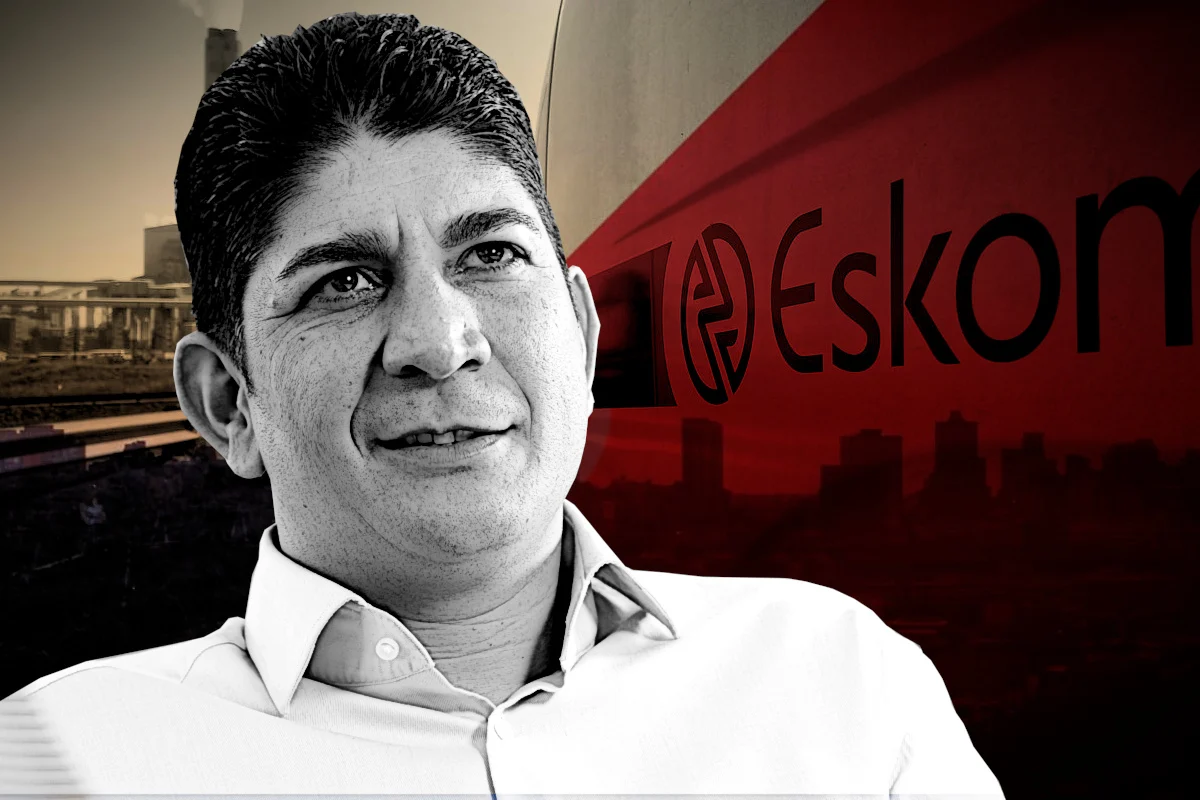
In a groundbreaking move toward sustainable energy practices and reducing its reliance on fossil fuels, Vodacom South Africa has partnered with Eskom, the state-owned electricity provider, to embrace renewable energy sources. This partnership aims to alleviate the mobile network operator’s dependence on conventional power sources, reduce operational costs, and contribute to the national grid’s environmental sustainability.
In August, Vodacom South Africa and Eskom inked a pioneering “virtual wheeling agreement,” marking a significant milestone in the country’s energy landscape. This agreement is hailed as a ‘first of its kind,’ as it reshapes the traditional approach to power distribution and paves the way for a greener future.
Load shedding, a term dreaded by many South Africans, has taken its toll on Vodacom’s operations. To mitigate the impact of power outages, the mobile network operator had previously invested a staggering R4 billion in backup power systems for its South African operations. Notably, R300 million was expended in the last financial year on operational costs, including diesel for generators. These expenditures not only strained Vodacom’s finances but also underscored the pressing need for a sustainable energy solution.
Enter the virtual wheeling system, a revolutionary approach that promises to transform Vodacom’s energy landscape. This innovative system, developed in collaboration with Eskom and supported by the National Business Initiative (NBI), addresses several key challenges posed by traditional wheeling systems.
Traditionally, wheeling systems in South Africa featured a one-to-one relationship between Independent Power Producers (IPPs) and buyers using the national grid. This approach had limitations, particularly for companies operating in complex environments. Virtual wheeling, on the other hand, leverages smart metering technology, eliminating the need to modify customer supply agreements and extending its reach to low-voltage customers.
Monde Bala, Eskom’s Distribution Group Executive, explained, “Virtual wheeling allows industrial and commercial customers connected to either Eskom or municipal networks to buy electricity directly from IPPs.” This shift not only enhances the security of energy supply but also reduces load shedding by attracting investments in new generation capacity by IPPs, all at no additional cost to Eskom or the taxpayer.
Crucially, virtual wheeling does not require changes to existing Electricity Supply Agreements (ESAs) and is not hindered by municipalities lacking wheeling frameworks. However, Eskom ensures that only customers in good standing with their accounts receive refunds.
The adoption of virtual wheeling via Eskom’s partnership with Vodacom has attracted widespread commercial interest across various industries. The collaboration between these two giants promises to open doors for other organizations to embrace this forward-thinking approach to energy distribution. This not only bolsters the grid’s capacity but also benefits Eskom’s financial health, reduces greenhouse gas emissions, and positively impacts the South African economy and environment.
Sitho Mdlalose, CEO of Vodacom South Africa, expressed enthusiasm about their renewable energy journey, saying, “We estimate that we will move approximately 30% of Vodacom South Africa’s power demand onto renewable sources, a significant step towards our renewable energy ambitions.” He added, “We truly hope that through sharing our understanding of virtual wheeling and engaging both government and private participants on this solution, similar actions can be taken by other businesses across the country.”
In conclusion, Vodacom’s collaboration with Eskom to implement virtual wheeling represents a groundbreaking leap toward sustainability, reduced operational costs, and enhanced grid stability. This innovative approach, which streamlines the transition to renewable energy, not only benefits Vodacom but also paves the way for a greener and more resilient energy future for South Africa.
This website uses cookies.